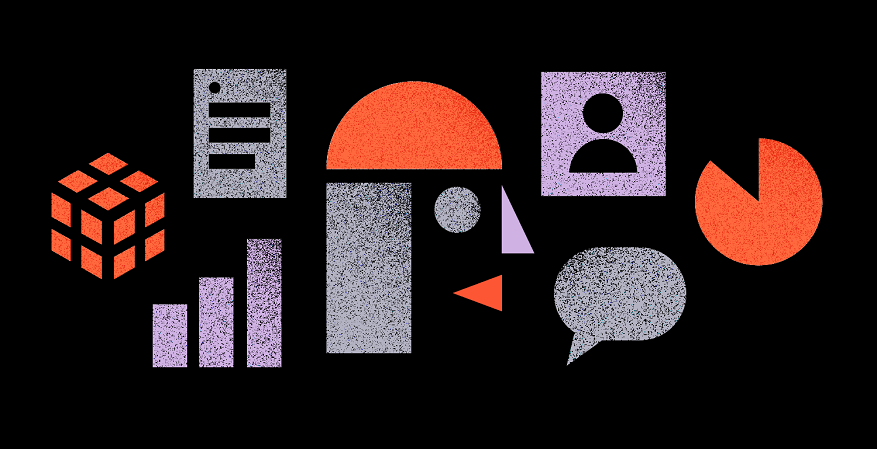At Equality Insights, we know that data is a necessary tool to create a just, equitable and sustainable future for everyone, everywhere. We use inclusive data to drive transformative change in three ways:
-
We build high-quality data collection tools and collect inclusive poverty data
We have developed innovative tools that collect high-quality, inclusive data about poverty and inequality. We take a different approach to collecting poverty data that reveals important insights that are essential to creating a just, equal and sustainable future for all.
-
We work in partnership to increase and strengthen the use of gender data
Together with our partners, we use inclusive data to drive social change and improve the lives of many. Our data is used by governments, national statistics offices, Women’s Rights Organisations and gender data advocates to develop effective solutions that reduce poverty and inequality.
-
We push to make inclusive data the norm
When it comes to data, we are on a mission to raise the standards and make inclusive data the norm. We highlight solutions and innovations, raise awareness about gender data gaps, and advocate to ensure that everyone is visible in the data that affects their lives.
A collaborative approach
Equality Insights is a flagship initiative of the International Women’s Development Agency (IWDA). This is a foundation for IWDA’s advocacy for, and contribution to, better gender data to achieve equality, rights, opportunities and freedom for individuals and communities. IWDA joins with women’s rights organisations, movements, and other advocates in working for the changes that will make this possible. Data plays an essential role in revealing inequalities and the barriers that sustain them.

